7 Bison vs Elk Nutrition Facts to Help You Choose the Healthier Meat
Bison and elk, popular lean meats, offer similar nutritional benefits, making them heart-healthy and sustainable choices for a balanced diet.
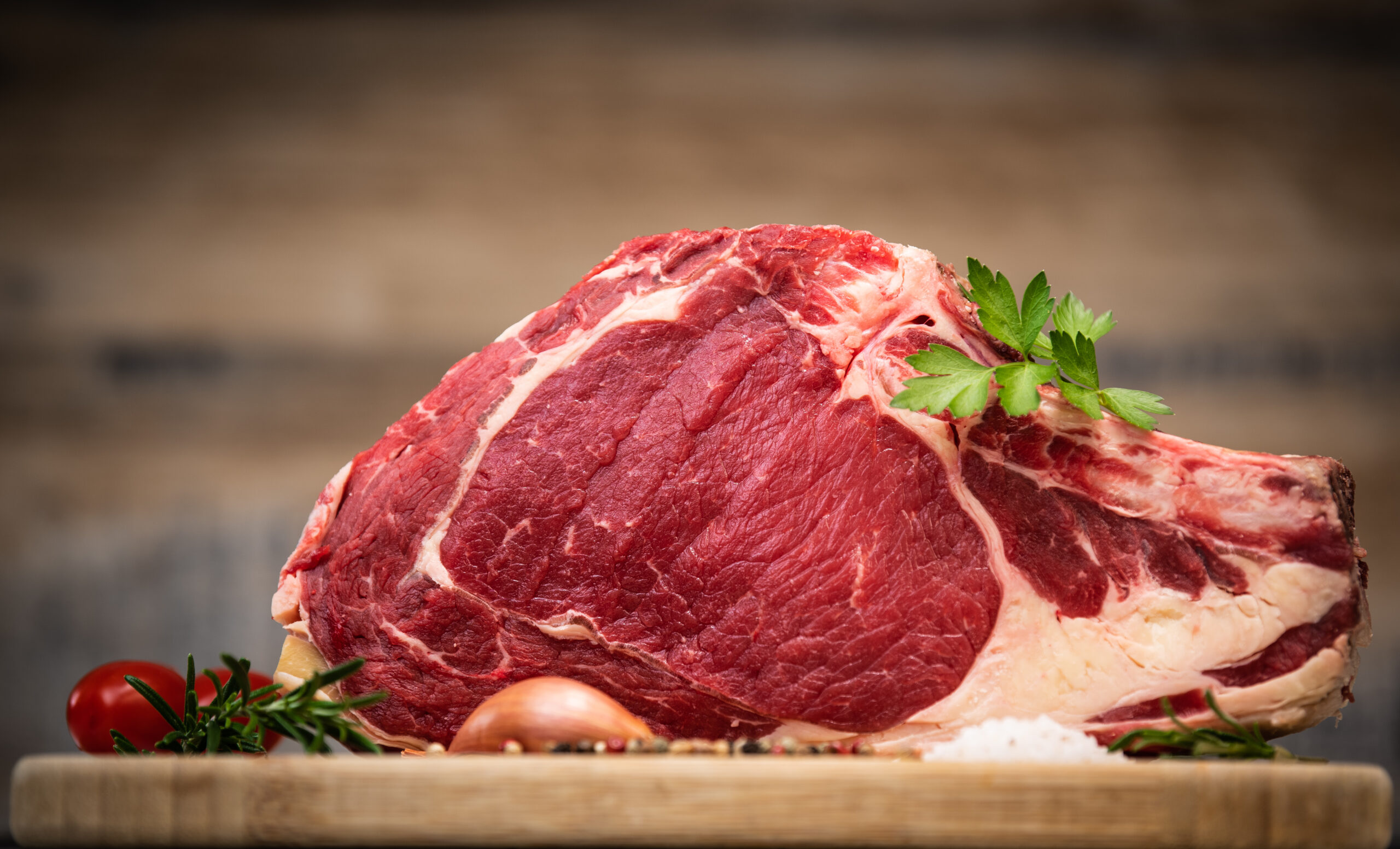
When it comes to choosing healthier meats, bison and elk are both popular alternatives to traditional beef. This article delves into the nutritional differences between the two, helping you make an informed decision on which is the healthier choice for your diet.
Bison and elk, iconic North American creatures with distinct features, are now culinary stars, celebrated for their lean, nutrient-rich meats. As game meats, elk and bison offer a healthier protein alternative, being lower in fat and higher in protein, sourced from either wild populations or ranches prioritizing sustainability and humane practices. This culinary trend caters to health-conscious consumers seeking diversified and sustainable protein options.
Disclosure: As an Amazon Associate, this site earns from qualifying purchases. Thank you!
1. Nutritional Profile of Bison
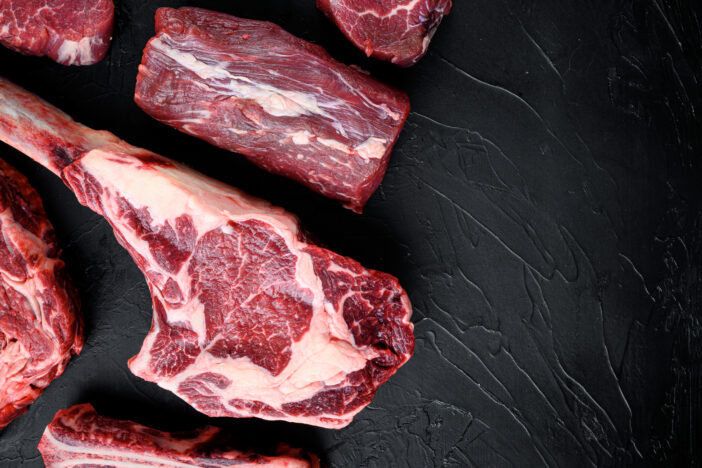
Bison meat is prized for its rich flavor and nutritional benefits. It is a lean source of protein, containing fewer calories and less fat than beef. A 100-gram serving of cooked bison meat typically has about 109 calories and 2 grams of fat, making it an excellent choice for those on a calorie-restricted diet.
Moreover, bison provides essential nutrients such as iron, zinc, and B vitamins, particularly vitamin B12, which is crucial for nerve function and the production of DNA. Its high iron content makes it a good option for individuals looking to boost their iron intake, such as athletes or those with anemia, without significantly increasing their calorie or fat consumption.
2. Nutritional Benefits of Elk
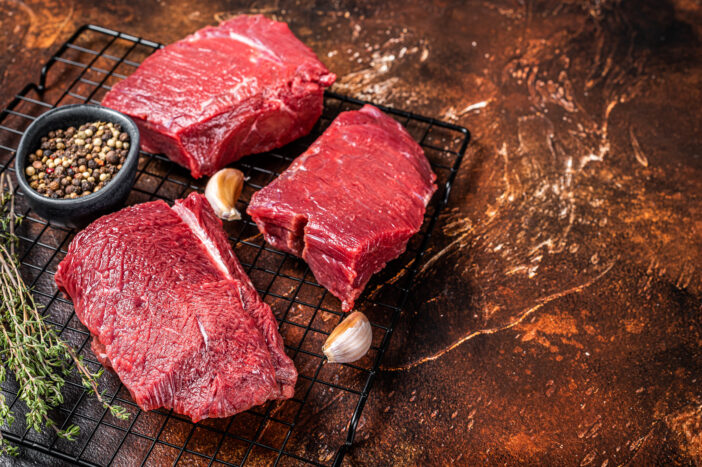
Elk meat is also a highly nutritious choice, offering a comparable nutritional profile to bison. It is known for its lean composition, high protein content, and low fat levels. A standard 100-gram serving of elk meat contains about 111 calories and just 1.5 grams of fat, which is even lower than bison in terms of fat content.
Elk meat is rich in B vitamins, phosphorus, and selenium, which are important for maintaining various bodily functions, including metabolism and immune response. Its high protein and low-fat qualities make it an attractive option for those looking to maintain muscle mass while managing their weight.
3. Comparing Caloric Values
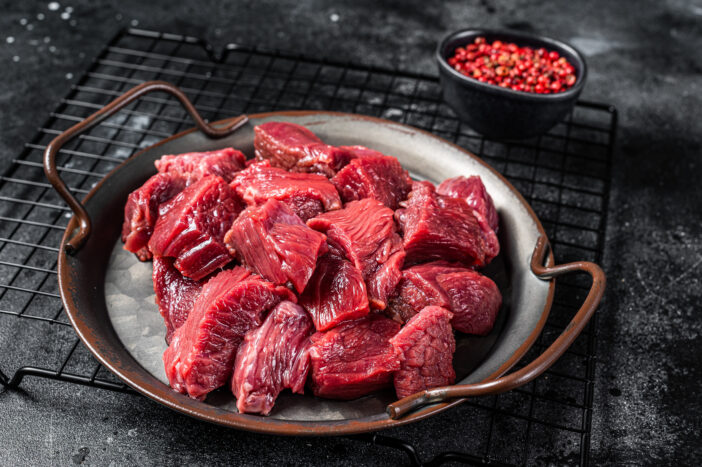
When considering caloric content, both bison and elk offer low-calorie options compared to other red meats. This makes them suitable for those trying to reduce their overall caloric intake. Bison has a slight edge, with a few calories less per serving than elk, but the difference is minimal.
For individuals counting calories, both meats are advantageous choices. The low caloric values are a result of their lean nature, as both animals are typically more active and have less intramuscular fat than domesticated livestock like cows.
4. Protein Content Analysis
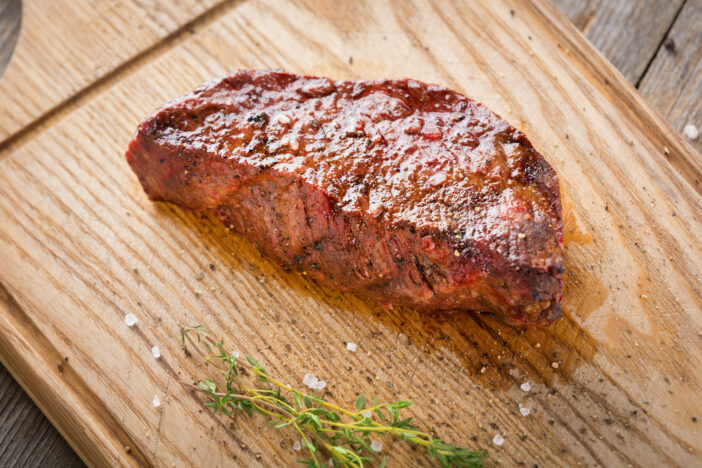
Protein is a crucial macronutrient necessary for building and repairing tissues, and both bison and elk are excellent sources. Bison provides around 22 grams of protein per 100-gram serving, while elk offers slightly more, with about 23 grams per 100-gram serving. This difference is negligible for most dietary purposes.
For those looking to increase their protein intake without adding a lot of fat or calories, both bison and elk are outstanding choices. The high-quality protein found in these meats includes all essential amino acids, making them complete protein sources.
5. Fat Composition Breakdown
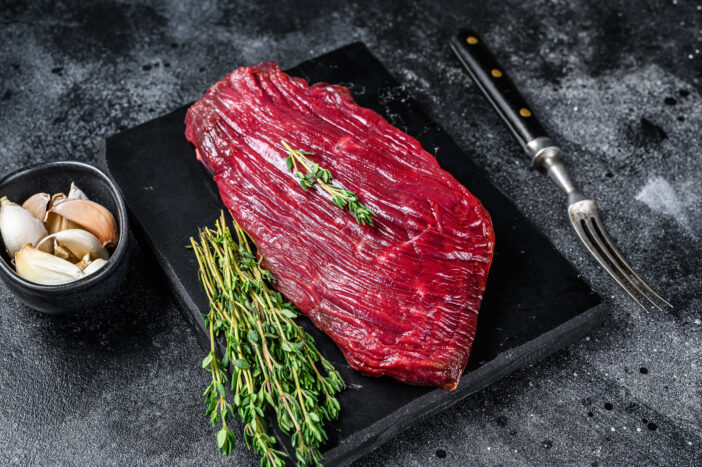
The fat composition of meat is an important factor in determining its healthfulness. Bison and elk both have low total fat content, but they also have a favorable ratio of unsaturated to saturated fats. Bison, for example, contains a higher proportion of polyunsaturated fats, which include omega-3 fatty acids that are beneficial for heart health.
Elk meat also has a healthy fat profile, with a balance of monounsaturated and polyunsaturated fats. The presence of these healthier fats in both meats contributes to their status as heart-healthy choices, especially when compared to meats with higher levels of saturated fats.
6. Vitamins and Minerals Showdown
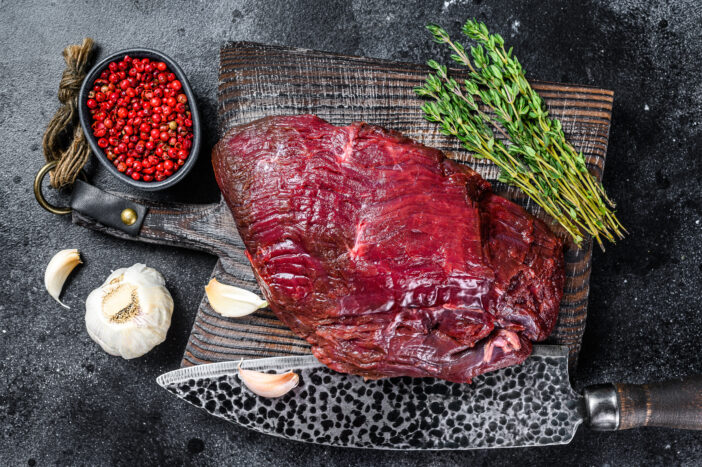
Bison and elk are not only about protein and fat; they also offer a wealth of vitamins and minerals. Bison is an excellent source of iron, zinc, and vitamin B12, which are essential for various bodily functions. These nutrients support immune health, energy levels, and cognitive function.
Elk also boasts a robust vitamin and mineral profile, with significant amounts of phosphorus, selenium, and B vitamins, including niacin and riboflavin. Both meats provide a rich array of nutrients that contribute to overall health and well-being, making them both solid choices for those looking to enhance their dietary nutrient density.
7. Bison vs. Elk: Heart Health

Both bison and elk meats have characteristics that support heart health. Their low levels of saturated fat and cholesterol, coupled with the presence of heart-healthy omega-3 fatty acids, particularly in bison, make them suitable for a heart-conscious diet. Regular consumption of these meats as part of a balanced diet may contribute to better cardiovascular health.
Furthermore, the lean nature of these meats helps prevent the intake of excess calories and unhealthy fats, which are risk factors for heart disease. Choosing bison or elk over higher-fat meats can be a strategic move for those focused on maintaining a healthy heart.
8. Sustainability of Bison and Elk
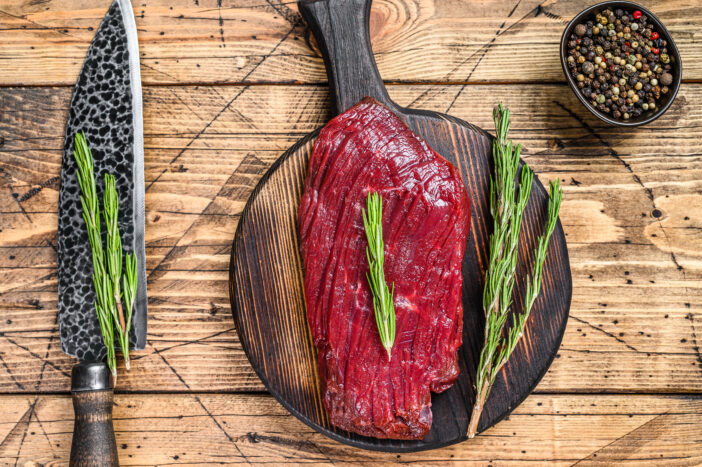
Sustainability is an important consideration in the modern food system, and both bison and elk score well in this regard. Bison, once on the brink of extinction, have made a remarkable comeback thanks to conservation efforts and sustainable ranching practices. They are often raised in ways that mimic their natural environment, which can be beneficial for the ecosystem.
Elk are also considered a sustainable choice, particularly when sourced from wild populations or farms that prioritize natural behaviors and habitats. These practices not only support the environment but also contribute to the high nutritional quality of the meat by ensuring the animals are healthy and stress-free.
Making the Healthier Choice
Ultimately, the choice between bison and elk may come down to personal preference in taste and availability. Nutritionally, both meats are incredibly similar, offering a plethora of health benefits with few differences. Whether you choose bison or elk, you’ll be incorporating a lean, nutrient-dense protein into your diet that supports a healthy lifestyle.
When selecting between the two, consider factors such as the specific nutrient profiles, the environmental impact of your choice, and how the meat fits into your overall dietary goals. Both bison and elk are healthier alternatives to traditional red meats and can be part of a balanced and sustainable diet.
In summary, both bison and elk are excellent choices for those looking to enjoy red meat without compromising on health. They offer similar nutritional benefits, making either one a heart-healthy and sustainable option for your diet.





